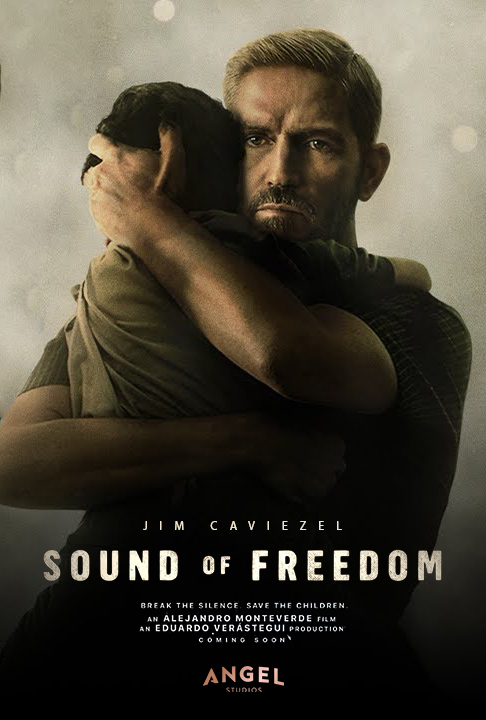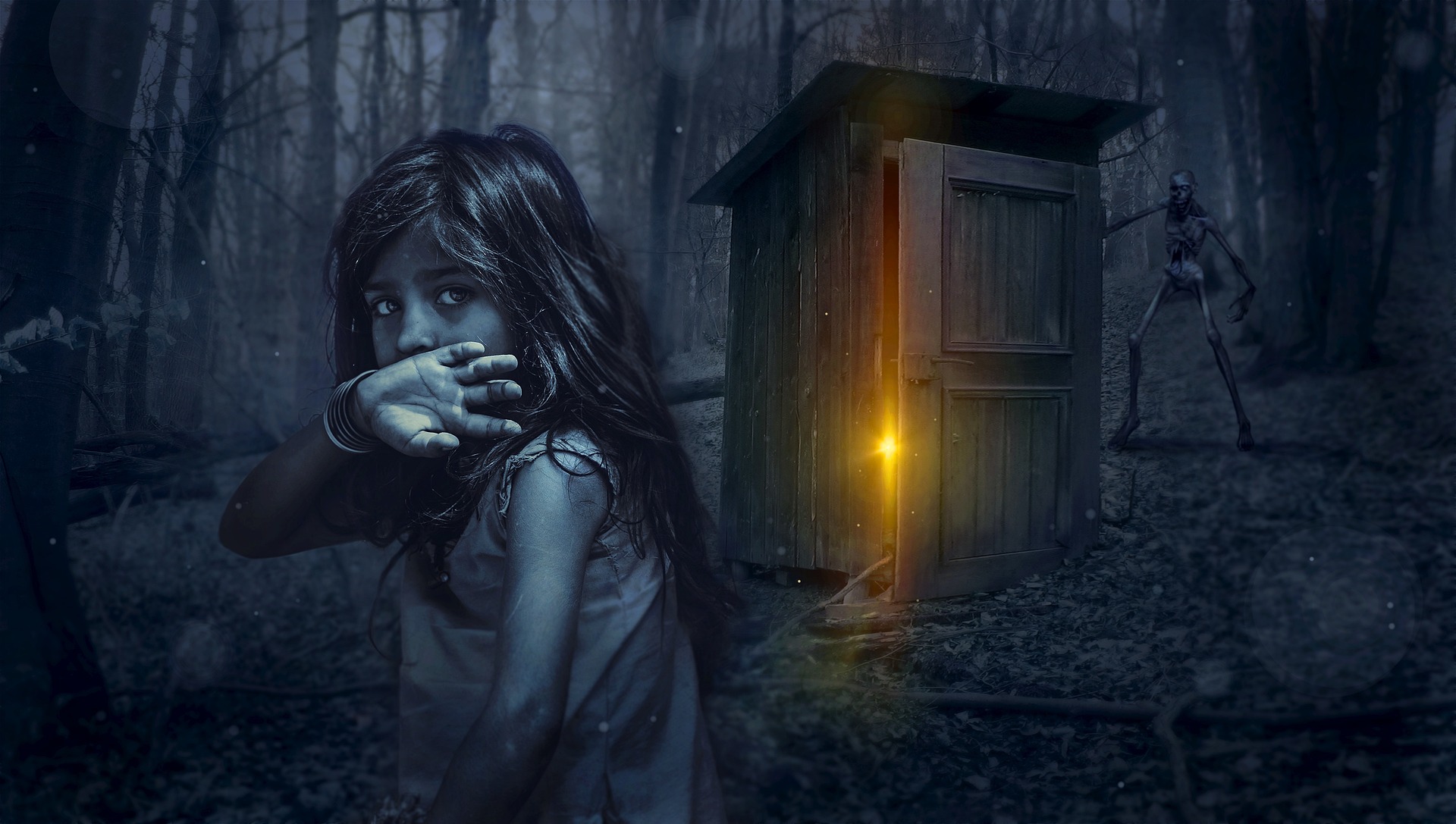
Unless you’re living under a rock, you’ll know Sound of Freedom feature film starring Jim Caviezel has hit cinema screens at a blockbuster rate. Worldwide, an estimated 21 million people are trafficked for profit today, yielding an estimated profit of US$150 billion (yes, BILLION!). That includes wealthy and industrialised countries like Australia.
“Australia linked to human trafficking?” you might ask. A 2022 report released by the Australian Federal Police revealed human trafficking and slavery statistics had increased to the highest ever reported. Child trafficking represented around 7% of those figures—and that’s only Australian statistics.
This largely hidden crime of child trafficking is a key plot element of my new novel Immortal Mistake. You may wonder why I would write about this issue in a young adult novel (along with youth crime, domestic violence, substance abuse, neglect … yep, there’s a lot in it). To be honest, I didn’t set out with this purpose, but the thread kept growing until it become a integral key to the story. Now, five years after finalising that first draft, it’s increasingly apparent how relevant the themes in this novel are.

Human trade is a wide-scale problem that crosses international boundaries, with Australia one of many destination countries for trafficked victims. It’s a brutal issue and it was difficult to write about, especially in an age-appropriate manner. Although Immortal Mistake is science fiction, there are real scientific entities commoditising human products from children in research, whether freshly/live harvested organs (as explored in previous posts) and extracts etc through abortion or child trafficking. That is before venturing down the more seditious road of ritualistic and other abuses known to occur (which the book does not broach, but I believe the movie exposes aspects of this perverse industry).
Again, though fictional and angled to a different purpose, one of the villains in the novel justifies their technological uses with a flippant dismissal of the children being “unwanted waste”. It’s perverse and angering, and yet, it’s how some yet-to-be-born children (right up to birth, and even two weeks beyond in some places) can be viewed. In a way this parallels the conflicted situational and subjective (relative) moral criteria our society can apply to define when a person achieves a state of value, or not, as a means of rationalising ethically challenging issues.

I haven’t yet watched Sound of Freedom, but I understand cinema attendees have been left sombre and silent after viewing this confronting film based on the life of Tim Ballard, who is to this day rescuing trafficked children. This same reaction is reflected in a scene in the novel where the truth of what Rennie has accidentally discovered is fully unveiled. It’s a reality so removed from many of our lives, I suspect we struggle to even imagine it, let alone grasp the gravity of what that means for the life of millions in our world.
In no way is trafficking an easy issue with easy solutions, but I hope after reading this novel or watching the movie we do not have a sombre/reflective moment and then just move on. The only way to expel darkness is by bringing it to the light. Acknowledgement, conversations, public support and advocacy for those without a voice are crucial. There are also many organisations that are active in rescuing children from this living hell, which we can get behind. Feel free to drop some recommendations in the comments below so others who may not know can get onboard. Let’s not forget the unseen ones.